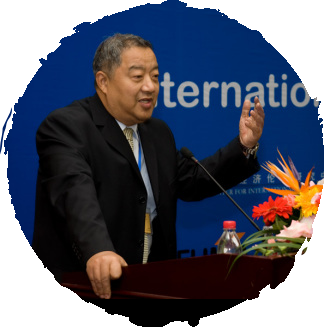


Professor Yang has been teaching at Renmin University of China since 1982 and won the “Excellent Teacher” Award from the Beijing Municipal Government. He teaches comparative culture emphasizing values, political philosophy and intellectual history, and supervises doctor candidates in those fields. He has been teaching at TBC since 1998 and teaching courses such as Political Histories since 1949, the Cultural Revolution since 2010, and Modern Chinese Literature in Chinese since 2001. In the U.S., he has taught at Towson University and University of Massachusetts, and lectured at Dickinson College, Wheaton College, etc. He translated Nietzsche’s complete works from German into Chinese.

This course will examine the evolution of China by studying the birth and the development of the Communist Party to the present day. Our efforts will begin by examining the reasons for the establishment of the Party in 1921, its alliance and break with the Nationalist Party, and the sources of its triumph in the Chinese Civil War. The class will then survey some of the ideological underpinnings and philosophies of the Communist Party under Mao Zedong. We will then address the major look at the debates that sought to drive policy in China, from the aftermath of the Communist victory to the present day. How China used to be and is seen by its leaders and its citizens will be compared with first-hand accounts of foreigners who remained. Special attention will be paid throughout the course on different perspectives and conclusions—different histories—of China as presented by various interests in and outside China. We will not seek to make judgments or render verdicts on policies, politics, or people. Rather, we will examine what comprised Chinese political history in the eyes of both its makers and its observers, relying especially on first-hand accounts, speeches, and commentaries in written and video formats.
Lectures, readings, paper assignments, presentations and discussions are designed to help you develop the skills to:
